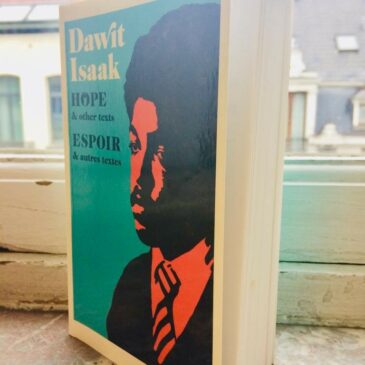UNODC and the European Commission identify three key challenges around trafficking of women and girls for sexual exploitation in conflict situations
On December 10, on International Human Rights Day, the European Commission and the United Nations Office on Drugs and Crime (UNODC) co-hosted an event addressing the issue of trafficking of women and girls for sexual exploitation in conflict situations. The event marked the end of the global campaign ‘16 Days of Activism against Gender-Based Violence’. Trafficking of women and girls for sexual exploitation in conflict zones is particularly important to address as key challenges remain that make it difficult for women to gain protection; prosecution rates are low, protection laws are poorly implemented and extremist groups use sexual exploitation as a weapon of war. Representative of the UNODC at the event, Yatta Dakowah, stated that 72% of victims are female, indicating the need to address this issue from a gendered perspective.



